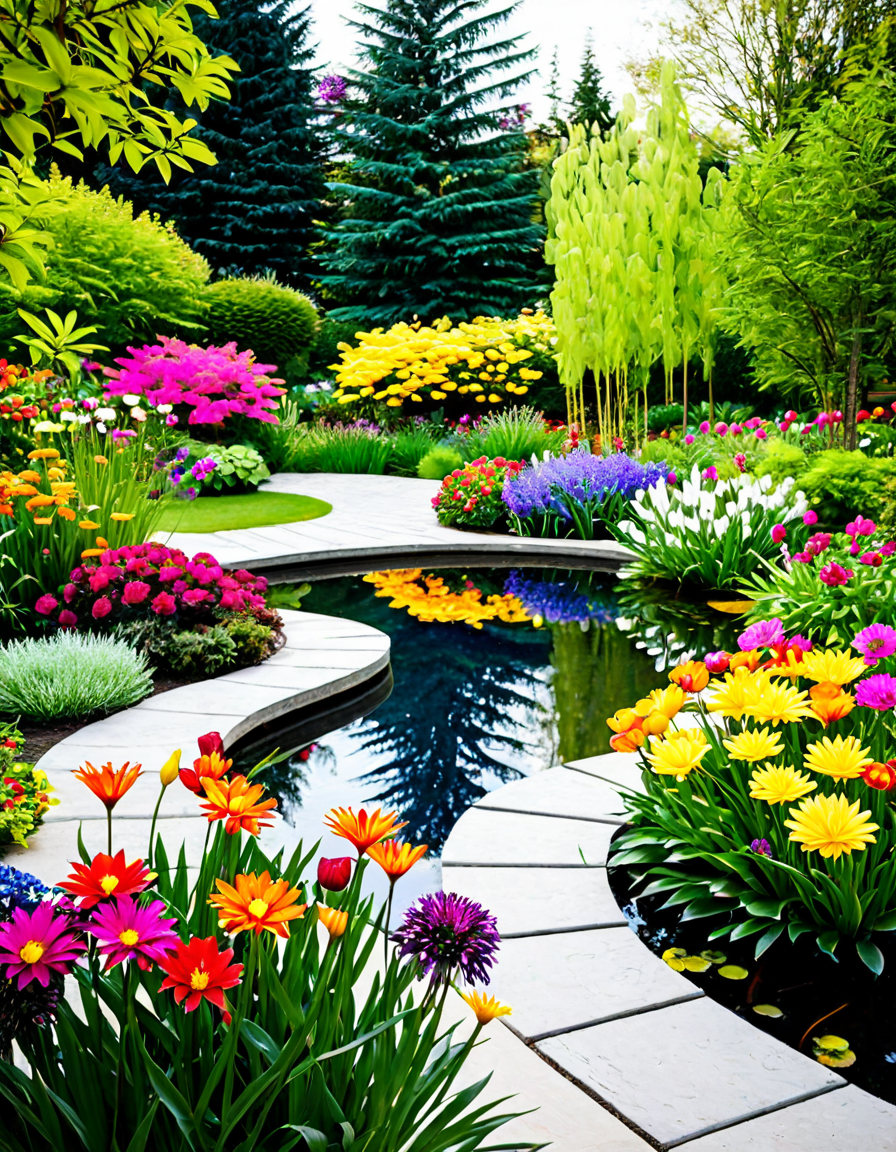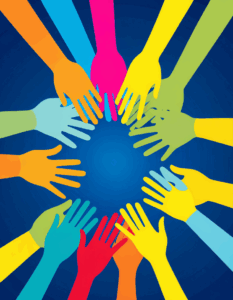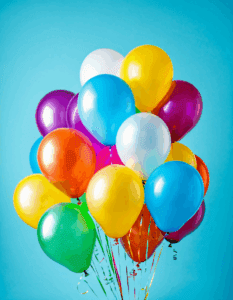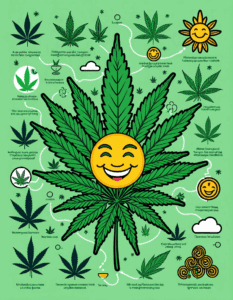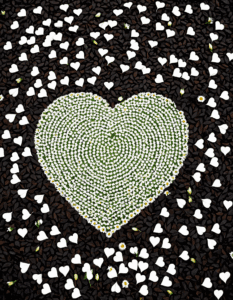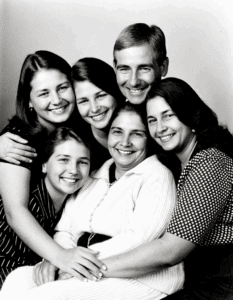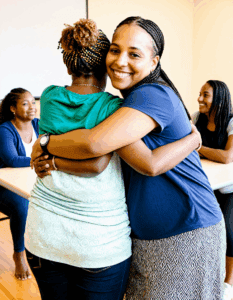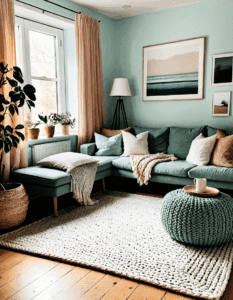In a world where stress seems to have a permanent seat at the table, it’s essential for us to discover effective relaxation techniques that can transform our daily experience. These techniques aren’t just about finding a moment of calm; they’re about creating a holistic approach to managing our mental health. Parents facing the overwhelming challenges of children struggling with addiction or mourning losses due to addiction can benefit immensely from these practices. Crafting a personalized safety plan that emphasizes these relaxation methods can empower you, enhance well-being, and promote resilience.
Stress might feel like an unwelcome companion, but as we explore relaxation techniques, we recognize the power of investing in self-care routines. By taking the time to understand your emotional and physical reactions to stress, you can select techniques that align with your individual preferences. Life throws challenges our way, but with the right tools in your tool kit, we can navigate even the toughest storms.
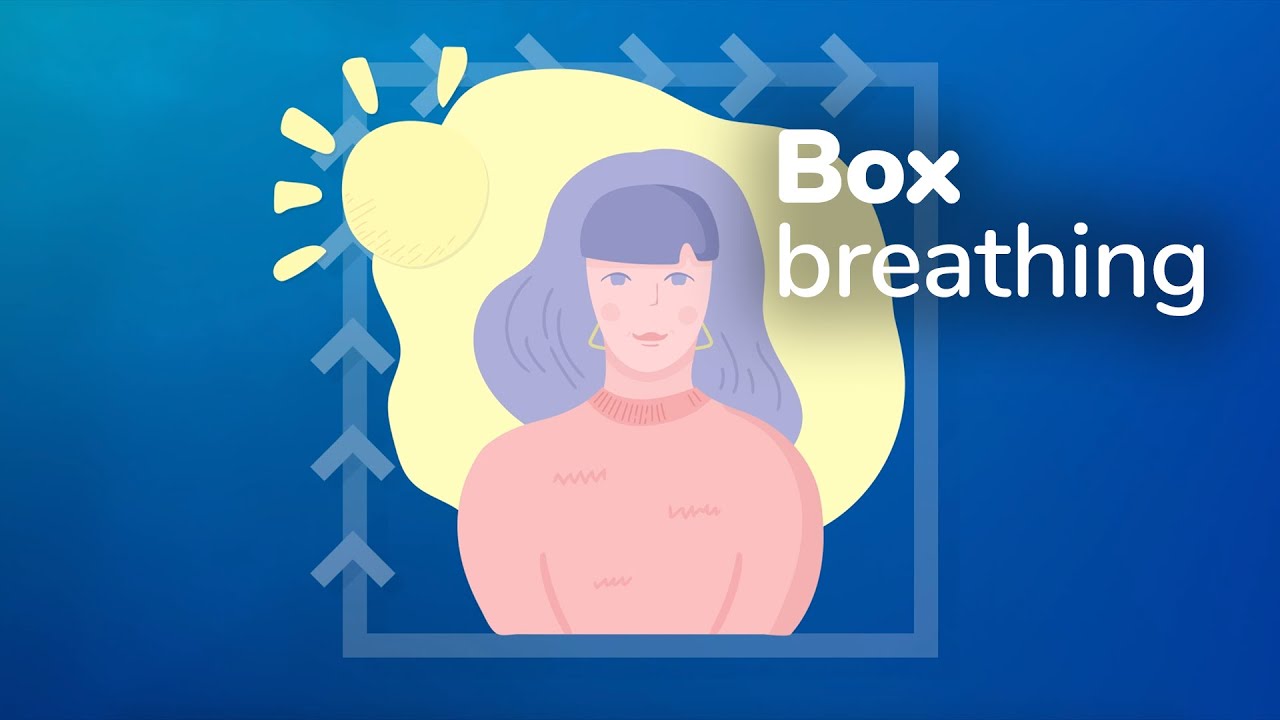
1. Understanding Relaxation Techniques: A Holistic Approach
Relaxation techniques don’t just appear from thin air; they consist of diverse practices designed to steady emotions, reduce anxiety, and leave you feeling refreshed. This approach to self-care is not one-size-fits-all; rather, you have the freedom to alter techniques based on your own preferences. Creating a personalized safety plan involving different methods can significantly improve your life, whether you’re a freaked-out parent or someone grieving a profound loss.
When we face the overwhelming daily realities of addiction, having structured techniques at our disposal becomes vital. Practicing relaxation encourages a much-needed pause, allowing us to observe our thoughts and feelings. Techniques like mindfulness meditation, guided imagery, and journaling are not just quick fixes—they offer ongoing support through life’s ups and downs.
Recognizing when stress creeps in is also part of your journey. For instance, by being aware of your warning signs, like irritability or tension headaches, you can employ your chosen methods effectively. Peer assessment can also bolster your relaxation practices by allowing you to evaluate how well they’re resonating with you over time. So, let’s dive into some powerful tools that you can utilize every day.

2. Top 7 Relaxation Techniques for Everyday Use
1. Mindfulness Meditation
Let’s kick off with mindfulness meditation—something that’s taken the world by storm lately. This technique helps you focus on the present moment, which is perfect for keeping anxious thoughts at bay. Studies, like those published in Psychological Science, show even short mindfulness exercises can significantly lower cortisol levels—the big bad stress hormone! Plus, apps like Headspace and Calm make it a breeze to integrate mindfulness into your daily routine.
2. Progressive Muscle Relaxation (PMR)
Remember Progressive Muscle Relaxation (PMR)? This method involves tensing and then relaxing various muscle groups, promoting both physical and mental relaxation. It was introduced by Dr. Edmund Jacobson way back in the 1920s, and research has proven its effectiveness for managing anxiety. You can find easy-to-follow resources like the Relaxation & Stress Reduction Workbook that offer step-by-step instructions for getting started with PMR.
3. Deep Breathing Exercises
Let’s not overlook good old-fashioned deep breathing! The 4-7-8 technique, developed by Dr. Andrew Weil, is a perfect go-to. Just inhale for four counts, hold it for seven, and exhale over eight counts. You’ll feel that calming response washing over you in just a few minutes. Breathing deeply isn’t just beneficial; it’s a way to tap into your body’s natural ability to relax.
4. Guided Imagery
Guided imagery is an intriguing technique. It involves picturing peaceful scenes or positive outcomes, leading to instant relaxation. With professionals like Dr. Belleruth Naparstek creating fantastic audio scripts for guidance, you can practice this whenever you need a mental getaway.
5. Yoga
Don’t underestimate the power of yoga. It combines poses, breathing, and meditation, offering a complete approach to relaxation. Studies show that regular yoga practice can lower stress hormones and boost your mood. Platforms like Alo Moves provide online classes suited for all levels, making yoga accessible no matter your skill.
6. Journaling
You might not think of journaling as a relaxation technique, but trust me, it’s a hidden gem! Writing is a hefty stress-reliever, and studies indicate that expressive writing enhances well-being. Consider using formats like gratitude journals or self-reflection prompts to maximize your journaling experience.
7. Nature Therapy
Ever hear of nature therapy? Spending time in nature can effectively lower stress by making you feel more grounded. Research shows it can decrease cortisol levels by a whopping 21%! Programs like the Green Health Initiative often organize group outings to parks for a much-needed nature boost.
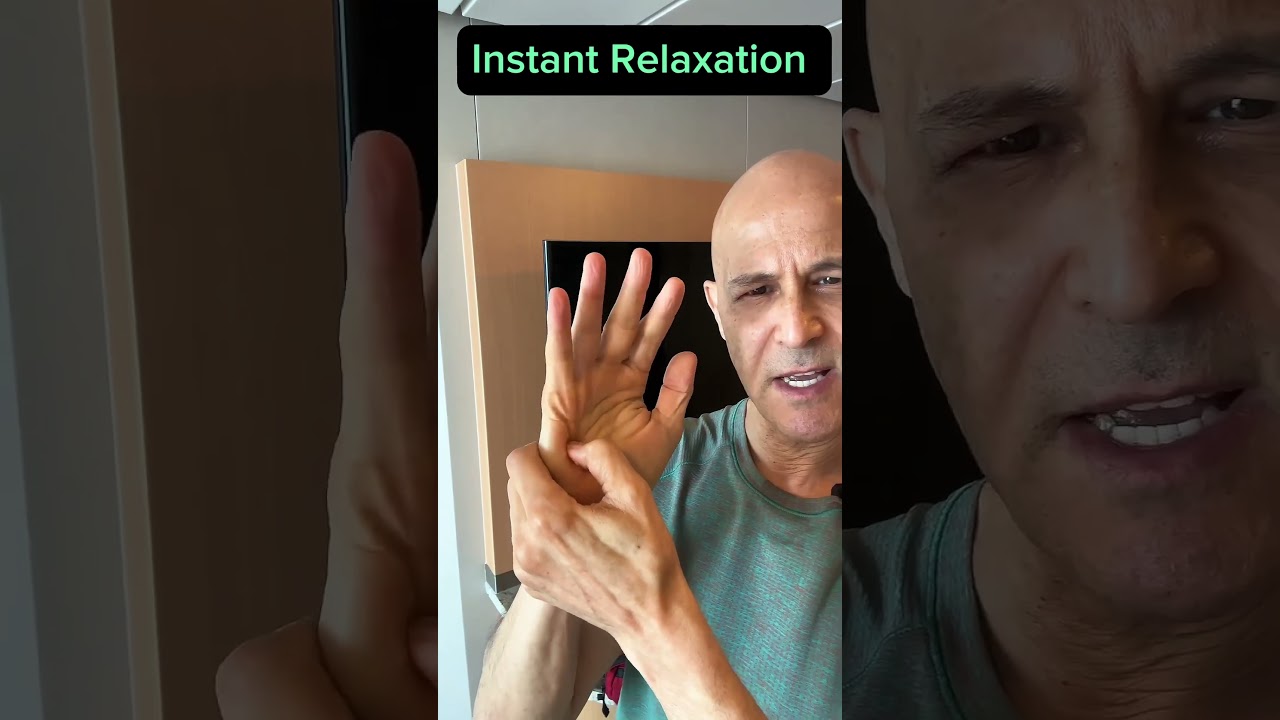
3. Creating a Personal Relaxation Tool Kit
Now that we’ve explored some techniques, let’s talk about building your unique tool kit. This should reflect your personal preferences, needs, and routines, offering you comfort when life gets tough. Your toolkit can include resources like guided imagery audios, access to online yoga classes, writing materials for journaling, or even a playlist of calming music!
Engaging in a peer assessment process can also be beneficial. Check in with yourself or friends to evaluate how well your techniques are working. Over time, you can refine your tool kit ensuring that your chosen methods resonate with you and are effective in reducing stress.
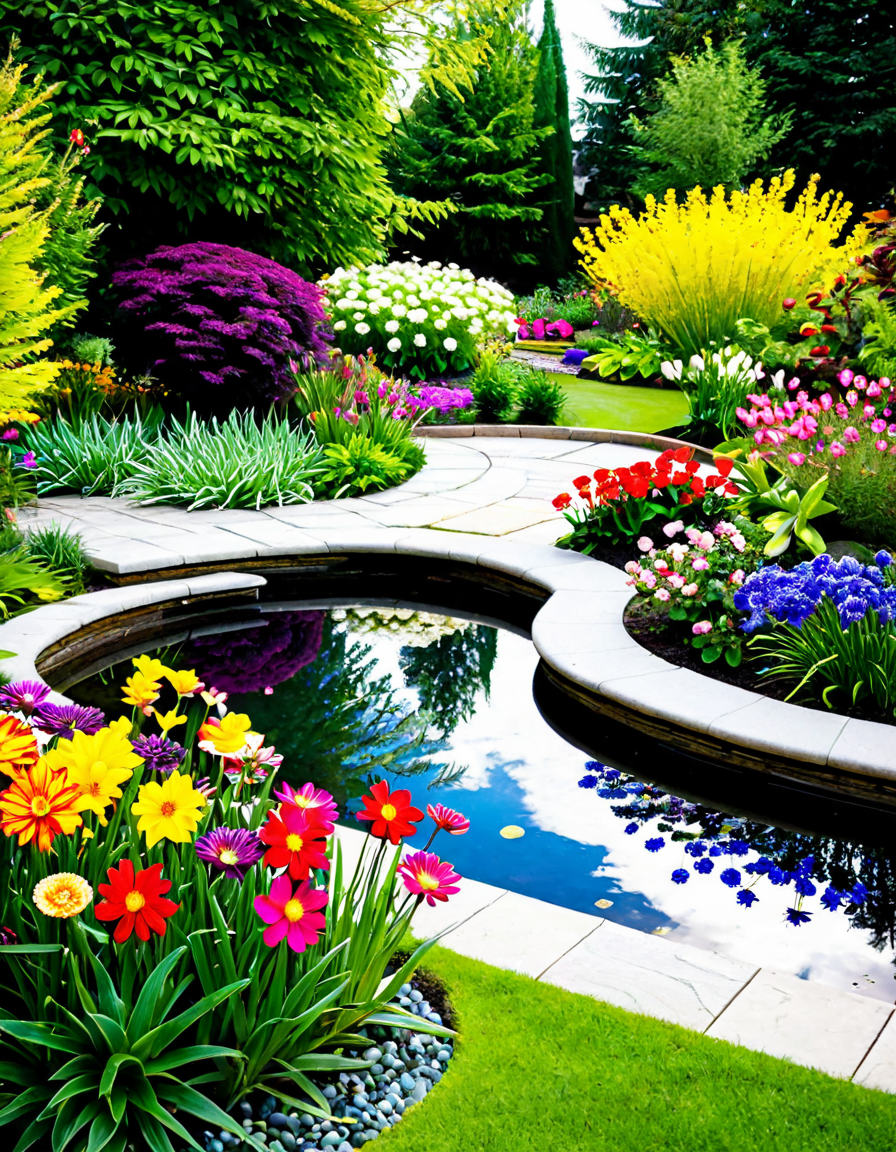
4. Monitoring Your Progress: Safety Plan and Warning Signs
Creating a safety plan involves identifying your warning signs when stress is becoming overwhelming. While relaxation techniques can drastically improve your experience, it’s crucial to know when to seek additional support. Regular check-ins—whether with yourself or a trusted confidant—can help track how these methods affect your stress. You’ll be better equipped to manage your emotions when you notice patterns and shifts.
Here’s a quick checklist for this stage:

5. Navigating FMLA Requirements for Stress Management
Let’s not forget the Family and Medical Leave Act (FMLA). Understanding your rights can be empowering. Eligible employees can take leave for personal or family medical issues, including mental health challenges. Recognizing your rights allows you to prioritize relaxation and stress management without fear of professional repercussions. It’s about understanding your worth and carving out time for self-care as part of your holistic health journey.
In today’s fast-paced environment, employing relaxation techniques isn’t just a luxury; it’s a lifeline. With the right methods at your fingertips, you can create a sustainable approach to managing daily stress. Be patient with yourself as you navigate through this journey. Embrace these changes with compassion and boldness—every small step taken today can lead to big transformations in your well-being tomorrow. Remember, you’re not alone; reach out, seek support, and continue advocating for yourself and your family.
If you’re struggling to find your footing in the challenging terrain of addiction and grief, connect with us at Mothers Against addiction to learn how you can transform your experience into one of resilience and healing.
Relaxation Techniques to Transform Your Daily Stress
The Essence of Relaxation Techniques
When life throws challenges your way, finding effective relaxation techniques can feel like uncovering a treasure map. Did you know that deep breathing, one of the most popular methods, can lower your heart rate and blood pressure? That’s because engaging in slow, controlled breaths can cue your body to reduce stress. It’s like hitting a reset button, similar to how a hot guy can brighten your day with just a smile!
Surprisingly, some studies suggest that incorporating sounds, such as gentle Moaning Sounds, into your relaxation techniques can elevate your experience by helping you to focus and drown out distractions. Sipping tea while listening to soothing sounds might not just warm your heart but also help you unwind! If you’re interested in brightness for your ambiance while you relax, consider the aesthetic appeal and comfort of an led light bar to set the mood—creating an inviting space can indeed enhance relaxation.
Mind-Body Connection
A crucial aspect of effective relaxation techniques is the mind-body connection. Engaging in mindfulness can improve emotional regulation, significantly reducing stress. Have you ever heard about the definition Of addiction? Understanding one’s mind can help in combatting toxic patterns that induce anxiety. By focusing on the present, you can break free from overwhelming thoughts, an important skill that’s vital when life feels like a game of Lotería Dominicana, where you’re just waiting for the right piece to show up!
Incorporating physical activity, like yoga, into your day can also work wonders. Yoga is not only soothing, but it can also provide insights into your body’s limits and strengths. Curious how much effort you’re putting into this practice? Consider a cost benefit analysis of your daily routine. Sometimes, taking a step back allows you to reassess your daily grind and see where you can add moments of tranquility.
Fun and Quirky Facts
Here’s a little trivia to lighten the mood: Did you know that laughter is one of the best relaxation techniques out there? It’s backed by science—laughter releases endorphins, making you feel great. Just think of how you’d feel watching a funny video or admiring an academy genius sword master slicing through challenges with humor! Incorporating humor into your daily routine can effectively combat stress.
Lastly, exploring diverse relaxation techniques can uncover some unconventional gems. Have you ever stumbled upon dance as a form of relaxation? It’s not just about moving your body; it’s about expressing yourself and letting go of built-up tension. As we engage and discover new hobbies, sometimes we break down the define stereotype of what relaxation should look like. You might just find your go-to method in an unexpected place or activity!
